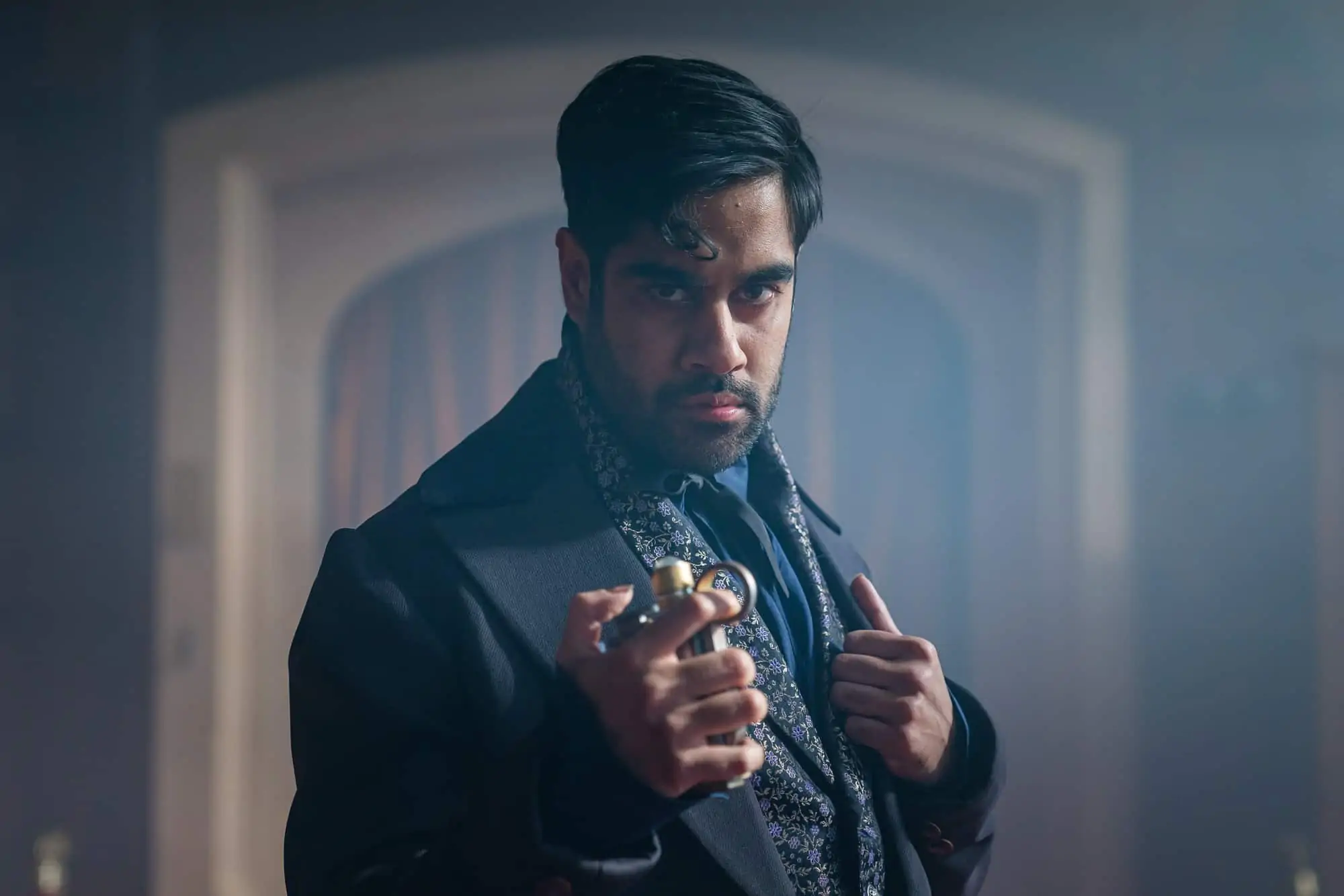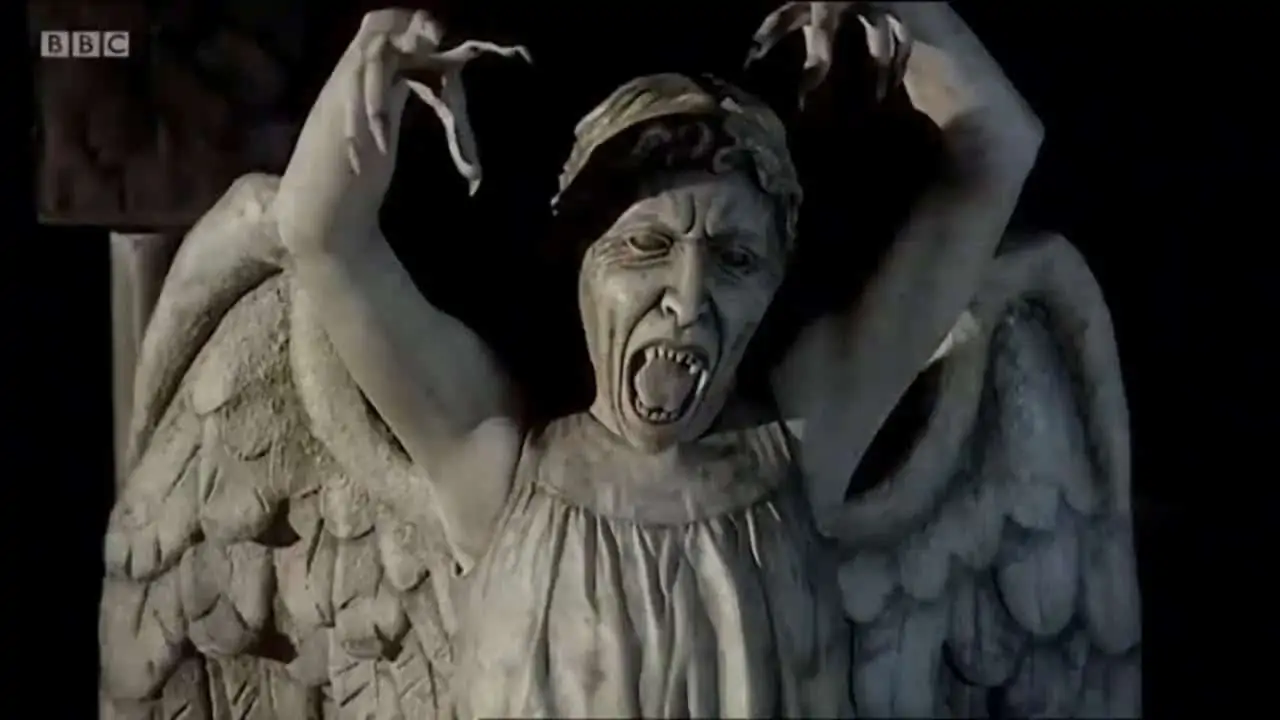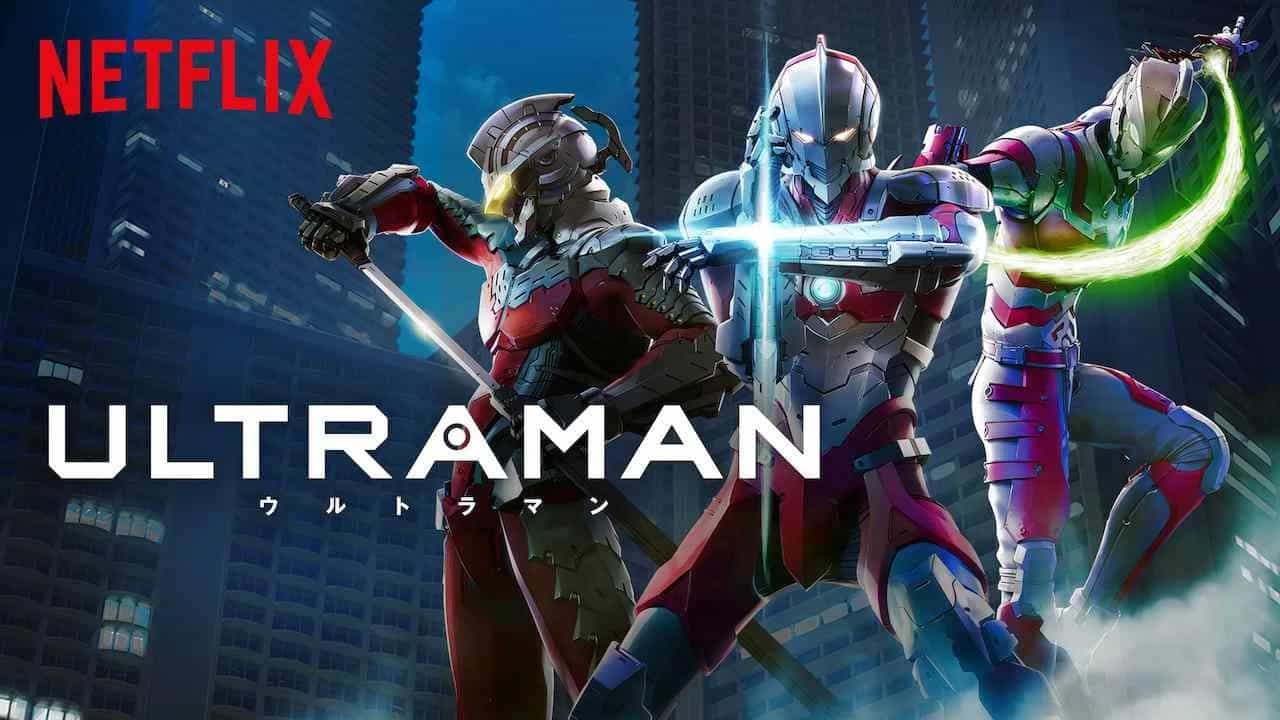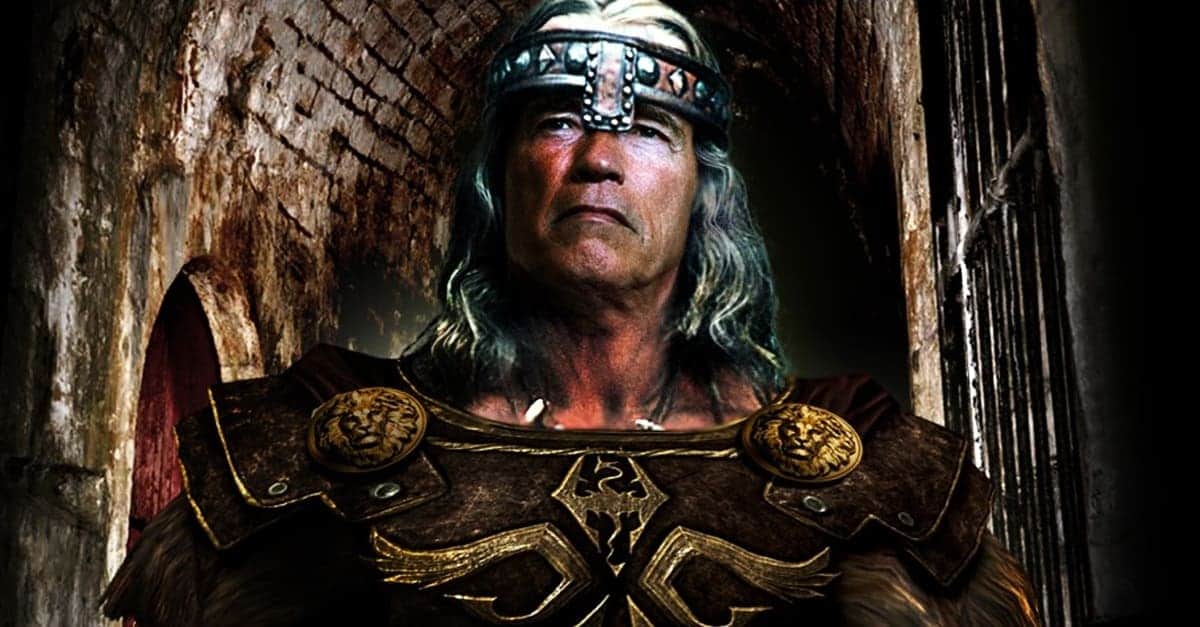Every hero needs a worthy arch-nemesis to face off against, and the Master is by far one of the best villains television has to offer. Considering that Doctor Who stands among the longest-running television shows, it’s safe to assume that the Master is one of the longest-running villains.
This has created a unique opportunity for the showrunners who jump-started the series back to life to explore one of the longest-running adversaries in television history.
So, who exactly is the Master, how has he evolved through the series, and what’s his relationship with the Doctor?
Who Is The Master?
Shortly, the Master is the Doctor’s oldest foe and his one true nemesis. The idea for the character was first conceptualized sometime during the show’s earliest season of the Classic Era and made his first appearance during Jon Pertwee’s tenure as the Third Doctor.
Considering that Pertwee’s bold and dashing Doctor was inspired by the popular Bond films of the late-sixties era, it’s not hard to imagine that the idea behind the Master was Doctor Who‘s response to Bond’s villains.
The Master is another rogue Time Lord, just like the Doctor, but he is essentially his polar opposite – a would-be universal conqueror driven by two desires: to obtain complete universal domination and to make the Doctor suffer in the process.
Considering that he is nearly as capable but infinitely more devious than the Doctor, the Master possesses all the qualities of an evil mastermind: he’s a Master of Disguise, a charismatic manipulator, and an evil genius who managed to surpass the regeneration cycle of 13 lives.
Abilities of the Master
The Master and the Doctor are shown to have similar levels of intelligence, and interestingly enough, during their time at the Time Lord Academy, the Master would often outperform the Doctor. He is often referred to, and even admired by David Tennant’s Tenth Doctor, as being “stone-cold brilliant,” while Peter Capaldi’s Twelfth referred to him as “the one person almost as smart as me.”
Much like the Doctor, he has Time Lord physiology, a TARDIS of his own, and a high-tech screwdriver that shoots lasers. He also regenerates after death, though he managed to gain control over his regenerations and has even transcended the 13-lives regenerative cycle “imposed” on the Time Lords. The ability to control his regenerations led to the Master keeping the same characteristics across various revivals, which granted them an even greater villainous reputation.
The master-manipulator that he is, the Master does not need companions; he uses those he manipulates as means to his evil plans, often getting people to join him by exaggerating truths about the Timeless Child, which usually prompts people to side with him.
For better or for worse, he was made insane by the High Council from Gallifrey when they sent a four-beat rhythm of drums into his mind. In addition, David Tennant’s Doctor recalls that staring in the Untempered Schism as a child has caused the Master’s personality to drastically change.
Key Appearances of the Master in Doctor Who
So far, the Master has appeared approximately 40 times in the entire Who series. And though all of his appearances are crucial to the series, we highlighted ten key appearances the Master has made in Doctor Who.
Terror of the Autons, Season 8 (Classic Who)
The Master first appeared in Terror of the Autons, portrayed by Roger Delgado, an iconic actor best recognized for his villainous roles in the film and television industry. In the Master’s debut episode, he steals a dormant Nestene energy unit, planning to use the said energy to awaken the Nestenes – a race of ruthlessly aggressive aliens who would destroy humanity and the Doctor forever. In the end, the Doctor thwarts his plans, and even worse, strands him on Earth.
The Sea Devils, Season 9 (Classic Who)
The Sea Devils marked the reappearance of the Master in the series, and the first time it was mentioned that he and the Doctor were once friends. During the course of the episode, he tried convincing the Sea Devils, fish-like humanoids that once roamed the Earth, to kill the Doctor. However, through a series of events, his plans were thwarted, he managed to escape in a stolen hovercraft.
Logopolis, Season 18 (Classic Who)
Roger Delgado’s tenure as the Master was cut short in 1973 when he died in a car crash. He was replaced by Peter Pratt in Season 14 and Geoffrey Beevers and Anthony Ainley in Season 18. Logopolis was Ainley’s first full story as the Master, in which he pretends to cooperate with the Doctor to obtain the Charged Vacuum Emboitement.
Survival, Season 26 (Classic Who)
Survival is Ainley’s final portrayal of the Master in the fourth and final episode of the Classic Who‘s final season. He tried killing the Doctor on an alien planet but was left dead as the planet began to break apart.
Utopia/The Sound of Drums/Last of the Time Lords, Series 3 (New Who)
The revival series of Doctor Who decided to give the Master more depth and finally entertain the idea of their origins and the mutual relationship the two have. Utopia was the eleventh episode of the show’s third series, which marked the first televised reappearance of the Master, portrayed by Derek Jacobi.
However, Jacobi’s tenure as the Master was very short-lived, as his character regenerates into his younger self, portrayed by John Simm. The Sound of Drums marked John Simm’s first full appearance as the Master, disguised as Harold Saxon. The episode also shows the Master as a child and discusses the destruction of Gallifrey, and the Doctor and the Master are the last of the Time Lords. It’s also pointed out that the Time Lords resurrected him as the perfect warrior to fight in the Time War.
The Last of the Time Lords features the Master as the ruler of Earth after successfully enslaving its inhabitants and crushing the Doctor’s heart (figuratively). The Master is ultimately overpowered and shot by his wife/pseudo companion, Lucy Saxon. Mortally wounded, he refused to regenerate out of spite for the Doctor and mused about the constant Drumming in his head as he died. He is then cremated by the Doctor.
The End of Time, Series 4 (New Who)
The End of Time was Tennant’s final chronological appearance as the Tenth Doctor, introducing Matt Smith as the Eleventh Doctor of the series. This was also the last appearance of the Master over the four-year period. The story revealed details of the Last Great Time War and provided crucial development to the Master’s character.
He’s resurrected by a fanatic cult and shares the Drumming in his head with the Doctor, who realizes that the Drumming isn’t the symptom of his oldest friend/foe’s insanity. It turns out that the Drumming was placed in the Master’s head by the Time Lords as means of allowing the Time Lords to escape from the time-lock.
The Master eventually confronts the Time Lords for making him insane and attacks Rassilon with his life force energy powers. Finally, he manages to send all of them, the Time Lords, Gallifrey, and himself back into the last day of the Last Great Time War.
Dark Water/Death in Heaven, Series 8 (New Who)
Dark Water introduced an important aspect of regeneration that was previously discussed within the show but never televised: the possibility of changing gender. This time, the Master regenerated as Missy, portrayed by Michelle Gomez – quite possibly everyone’s favorite after Delgado’s performance.
Missy, now the Mistress, was more of an eccentric, evil take on the series’ antagonist, though it was superbly well-balanced.
The Magician’s Apprentice/The Witch’s Familiar, Series 9 (New Who)
The Doctor disappears, and not even Missy, his closest friend/enemy, can find him. The Witches Familiar offers additional insight into the Doctor’s and the Master’s friendship and rivalry.
World Enough and Time/The Doctor Falls, Series 10 (New Who)
These episodes are the continuation of Missy’s rehabilitation story arc and the first televised appearance of John Simms Master acting alongside Michelle Gomez’s Missy. The Doctor gets fatally wounded and shows signs of regenerating into Jodie Whittaker’s Thirteenth Doctor, which he managed to postpone. On the other hand, Missy turns to her wicked ways once again but then saves the Doctor from her other half.
She actually kills her other half, forcing him to regenerate into her; however, the Master uses the last of his strength to fire his laser screwdriver at Missy at full blast. Unfortunately, only Missy’s death is seen on screen, and the Master, though fatally wounded, can still be heard laughing.
Ascension of the Cybermen/The Timeless Children, Series 12 (New Who)
The most recent stories reveal one of the best Master performances ever because no one expected Sacha Dhawan’s character to reveal himself as the Doctor’s oldest foe. Oh, and all the love Missy harbored for the Doctor, it’s gone now.
Dhawan gave an incredible performance as the Master, filled with vengeful insanity that terrorizes everyone that comes into contact with. The Timeless Children further expands upon his and the Doctor’s relationship and reveals some of the Doctor’s past, which the Division erased. By the episode’s end, however, Gallifrey is blown to bits, and presumably the Master as well.
The Doctor and Master Connection
Whether the Doctor and the Master share any deeper connection besides a friendship/adversary that is thousands of years old still remains unknown. Though New Who offered plenty of character development compared to the Classic Era, their relationship is still characterized as friends-turned-foes.
From what we know so far, they were childhood friends who attended the Time Lord Academy together, but their paths have diverged at some point, most probably when the Doctor stole the TARDIS and went on adventures across the universe. Luckily the series continues to explore the depth and complexity of their dynamics, so we might eventually find out what set two friends against one another.
The dividing force between the two, at least so far, was the Master’s lust for power and domination opposing the Doctor’s empathy towards “lesser species,” but the initial spark of their divide was never fully revealed. Admittedly, the two would occasionally act as allies, as both continue to yearn for their old friendship.
Why Was Master Driven Insane
The Master became affected by the Drumming since his admission into the Time Academy. As per the traditional initiation rite of the Time Lords, the eight-year-old Master was made to look upon the Untempered Schism. The Doctor believed that the sight had driven him insane, as it did many before him, and that the constant Drumming the Master heard worsening every day was a manifestation, a symptom of the Master’s madness.
However, the Doctor later realized that the Drumming wasn’t the symptom but perhaps one of the causing factors. It was, in fact, retrospectively planted into the Master’s mind by Rassilon near the Last Great Time War’s end.
After he learned that the Master and the Doctor were fated to be the only two remaining Time Lords, Rassilon chose the Master as the carrier of the link, which would enable the Time Lords to escape the time lock that imprisoned them. As explained in The End of Time, a four-beat rhythm was chosen because it represents “a warrior’s march” and “the heartbeat of a Time Lord.”
How the Master has Changed Over Time
Well, the hero is only as good as the villain he fights against, and as the Doctor grew so did the Master. In other words, both have changed as the narrative continued to progress over time.
With that said, the Master of the Classic Era wasn’t a true arch-nemesis but rather a villainous figure who was often ineffective in conducting his own plans. Not to mention that television productions suffered certain limitations when compared to modern TV, and plenty of those Classic Era episodes featuring the Master were quite repetitive at their core – the Master makes the machine to bring about universal domination or doomsday, and the Doctor stops him.
Luckily, the showrunners behind New Who recognized the potential for expanded storytelling the character, and his old friendship with the Doctor, have to offer. And though there certainly was some character development in the Classic Era, it certainly can’t compare with the character development we’re presented with in New Who.
He became more than a simple nemesis; he became the antithesis to the Doctor, his true opposite. This doesn’t exclude working towards a common goal, but it also doesn’t exclude stabbing the Doctor in the back once the common goal has been achieved.
In conclusion, he has been granted more depth and complexity than he previously had in the Classic Who.
What More Can We Speculate About the Master in the Future?
Well, considering that many aspects of the Doctor’s past are still shrouded in mystery and only spoon-fed to the audience, the Master can very well be the instrument of revelation in that regard. He might disclose bits and pieces of their past together, particularly the bits the Doctor can’t seem to remember.
It’s highly unlikely that the two will even be companions, though Missy has previously realized the value of standing by the Doctor’s side. It’s always interesting to speculate, and fan theories are running rampant.
Imagine the Master being another Timeless Child, the Doctor’s true friend from beyond the wormhole. Considering the number of twists we were introduced to throughout the series, it’s safe to assume that, if the showrunners ever willed it so, they could also turn such speculations into reality.
The Master Doctor Who Quiz
Think you’re an expert on Doctor Who and the Master? Take our quiz below!
What Children's TV Show did John Simm's version of the Master Seem Fascinated by in 'The Sound of Drums'
In the 'Last of the Time Lords' What were the Last Words the Master Said to the Doctor Before He Refused to Regenerate
How Many Times Have We Seen the Master Fully Regenerate on Screen in New Who?
In 'The End of Time' When the Master Described How He and the Doctor Used to Play as Children at his Father's Estate, What Mountain Did he Mention?
Where did Harold Saxon Say He Got the Term "Toclafane" from When Mocking the Doctor about Humanity's Final "Evolution"?
Try again...not sure Who you are
Congrats! You're a real Whovian!
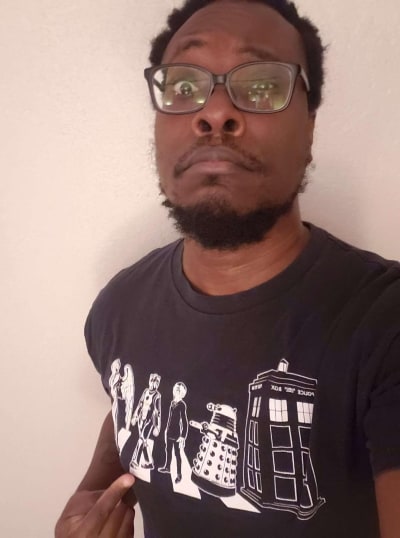
Contributing Writer, BuddyTV
Jason Collins is a freelance Pop Culture Journalist with a degree in English Literature. While he has had the distinct privilege of seeing Tom Baker up close he was not offered any Jelly Babies which was highly disappointing. When he’s not out on the hunt for the latest and greatest podcast he is lounging at home with more cats than he would care to disclose at this temporal moment.
